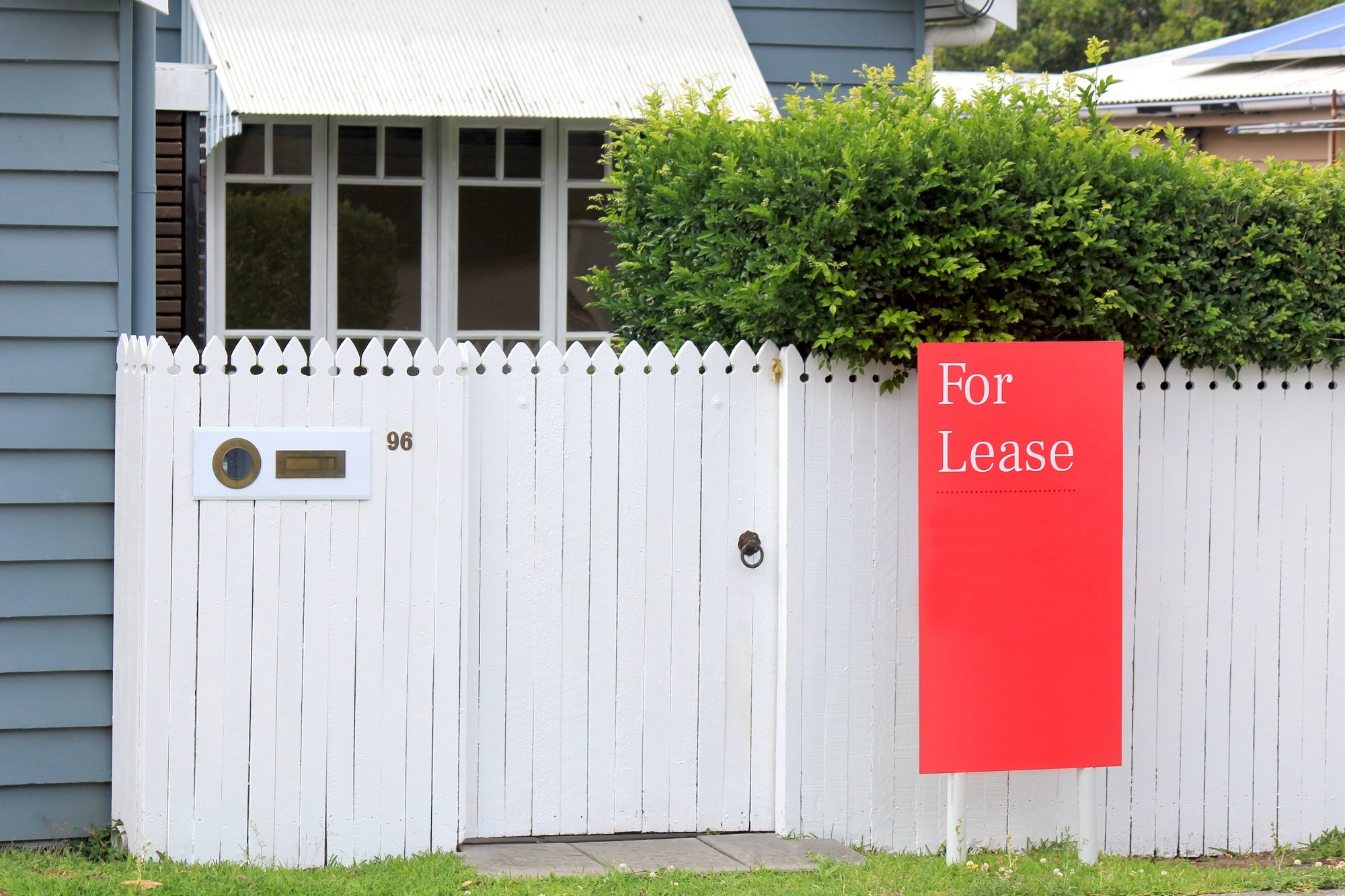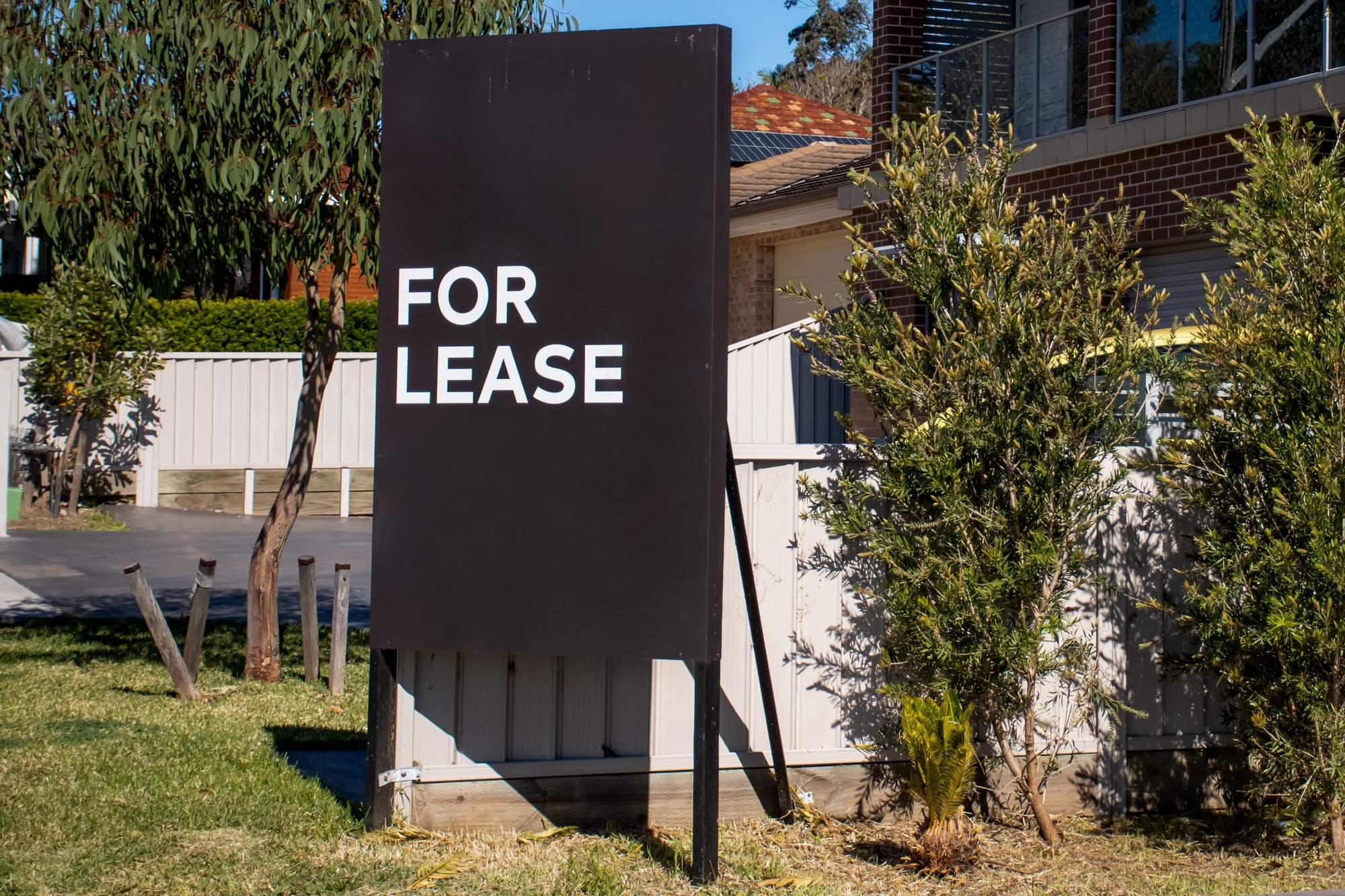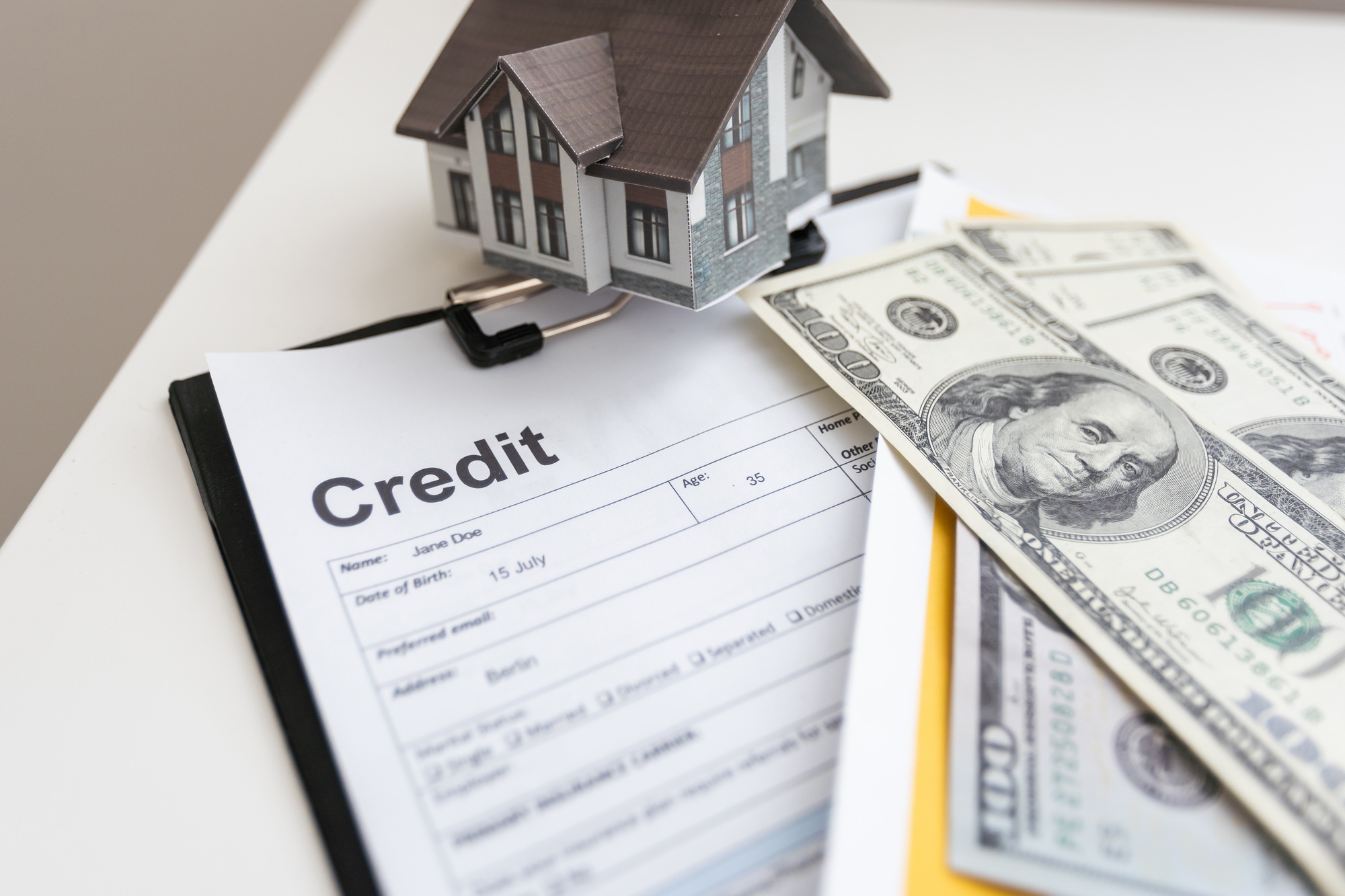Key Takeaways

- Importance of a Business Plan: A rental property business plan serves as a strategic roadmap, helping define goals, target markets, and financial strategies.
- Key Components: Essential sections include market analysis, financial projections, property management strategies, and budgeting, ensuring a comprehensive approach to the rental market.
- Market Analysis: Understanding local rental rates, tenant demographics, and competitor strengths is crucial for positioning your properties effectively.
- Financial Planning: Detailed financial projections and budgeting are necessary to forecast cash flow, ROI, and attract potential investors or lenders.
- Common Pitfalls: Avoid underestimating costs, including acquisition and ongoing expenses, and ensure compliance with legal requirements to protect your business.
- Setting Clear Objectives: Establish specific, measurable goals with timelines to guide your strategy and assess progress effectively.
Starting a rental property business can be a rewarding venture, but without a solid plan, you might find yourself facing unexpected challenges. A well-crafted rental property business plan serves as your roadmap, guiding you through the complexities of the real estate market. It helps you define your goals, identify your target market, and outline your financial strategies.
Understanding The Rental Property Business Plan

A rental property business plan serves as a strategic guide for small business owners in the real estate market. This plan provides clarity on your objectives and strategies for achieving success in the rental property sector.
What Is A Rental Property Business Plan?
A rental property business plan is a comprehensive document that outlines your business’s goals, operational strategies, and financial forecasts. It includes sections detailing your property acquisitions, management tactics, marketing approaches, and funding sources. This plan is essential when you decide to start a business in the rental market, offering direction and helping you measure progress over time.
Importance Of A Rental Property Business Plan
Having a rental property business plan is crucial for several reasons. It not only clarifies your short-term and long-term goals but also identifies your target market and competitive landscape. A solid plan enables you to establish financial strategies, ensuring you prepare for potential challenges. Moreover, this plan can attract investors or lenders by demonstrating your commitment and understanding of the rental market, increasing your chances of securing needed funding for your small business.
Key Components Of A Rental Property Business Plan

A comprehensive rental property business plan includes several key components that ensure you address all aspects of your small business effectively. Focus on the following elements to create a robust strategy.
Market Analysis
Conduct a thorough market analysis to understand the rental landscape. Identify local trends, rental rates, and demand for various property types. Analyze competitors operating in your area, noting their strengths and weaknesses. By evaluating your target tenant demographics, such as income levels and preferences, you can position your rental properties to meet their needs and capitalize on market opportunities.
Financial Projections
Develop financial projections that outline expected income, expenses, and cash flow. Create detailed budgets, including property maintenance, marketing, and management costs. Estimate potential rental income based on current market rates and vacancy rates. Establish key financial metrics, like return on investment (ROI) and break-even analysis, to gauge business performance and to attract potential investors or lenders.
Property Management Strategies
Implement effective property management strategies to maintain and maximize the value of your rental properties. Prioritize tenant relations through clear communication and prompt responses to maintenance requests. Utilize technology to streamline operations, including property management software for tracking rent payments and property maintenance. Establish regular inspection schedules to ensure your properties remain in excellent condition and meet tenant expectations.
Creating A Successful Rental Property Business Plan

A successful rental property business plan requires careful consideration of several essential components. Focusing on these elements ensures clarity and direction as you navigate the real estate landscape.
Researching The Local Market
Researching the local market involves understanding current rental rates, tenant demand, and competing properties. Analyze local demographics for potential tenants, including their preferences and income levels. Utilize online resources, local real estate reports, and community surveys for in-depth insights. This knowledge will guide your property acquisition decisions, helping you start a business that satisfies market needs.
Establishing Clear Objectives
Establishing clear objectives aligns your efforts with your long-term vision. Define specific, measurable goals such as occupancy rates, rental income targets, and property appreciation expectations. Incorporate timelines for reaching these objectives, which will serve as vital benchmarks for your business. Clear goals lay the groundwork for making informed decisions and assessing your progress.
Budgeting And Financial Planning
Budgeting and financial planning form the backbone of your rental property strategy. Create a budget that outlines expected income and expenses, including maintenance, taxes, and property management costs. Develop financial projections to forecast cash flow and return on investment (ROI). Utilize these metrics to secure funding from investors or lenders and ensure your small business remains sustainable and profitable.
Common Mistakes To Avoid

Starting a rental property business presents unique challenges. Avoiding common pitfalls is essential for ensuring success and sustainability.
Underestimating Costs
Underestimating costs can derail your rental property business. First, acquisition and start-up expenses often include down payments, closing costs, inspection fees, renovation budgets, and legal fees. If these one-time expenses aren’t fully accounted for, your initial capital might suffer. Next, operating expenses such as property management costs, mortgage payments, taxes, insurance, and maintenance require accurate estimation. The 50% Rule serves as a valuable guideline, suggesting that operating expenses may equal about half of the gross rental income. Lastly, variable expenses— like vacancy losses or capital repairs— demand attention; overlooking these can lead to significant financial strain over time.
Ignoring Legal Requirements
Ignoring legal requirements can jeopardize your rental property business. Familiarize yourself with regulations related to tenant rights, property safety standards, and fair housing laws. Noncompliance can lead to fines, legal disputes, or even the loss of your property. Ensure you’ve obtained the necessary licenses and permits specific to your location. Furthermore, drafting comprehensive lease agreements protects both you and your tenants by clarifying expectations and responsibilities. By prioritizing legal compliance, you build a strong foundation for your small business.
Conclusion

Creating a rental property business plan is essential for your success in the real estate market. It not only provides direction but also helps you make informed decisions. By focusing on your goals and understanding your target market you can position yourself for growth and profitability.
Prioritize thorough market research and financial planning to avoid common pitfalls. This way you’ll be better equipped to navigate challenges and seize opportunities. Remember that a well-structured plan can attract investors and secure funding while keeping you compliant with legal requirements.
With a solid foundation in place you’re on your way to building a successful rental property business that stands the test of time.
Frequently Asked Questions

Why is a business plan important for a rental property business?
A business plan is crucial as it serves as a roadmap for navigating the real estate market. It helps define goals, identify the target market, and outline financial strategies, ensuring you are prepared for challenges and align your efforts with long-term objectives.
What are the key components of a rental property business plan?
Key components include market analysis, financial projections, property management strategies, and budgeting. These elements help you understand local trends, estimate income and expenses, and establish effective operations for your rental business.
How can I effectively conduct a market analysis?
To conduct a market analysis, research local rental rates, tenant demographics, and competing properties. Use online resources, local real estate listings, and community surveys to gather comprehensive data to inform your property acquisition decisions.
What financial metrics should I track for my rental property business?
Track metrics such as return on investment (ROI), expected income, expenses, and cash flow. These financial metrics provide insight into your business’s sustainability and profitability, helping you make informed decisions.
What common mistakes should I avoid when starting a rental property business?
Avoid underestimating costs, which can lead to financial strain. Familiarize yourself with acquisition, start-up, and operating expenses, and use the 50% Rule as a guideline for estimating operating costs to prevent budget overruns.
What legal considerations should I keep in mind?
Be sure to understand tenant rights, property safety standards, and fair housing laws. Adhering to these legal requirements is essential to avoid legal issues and ensure compliance, protecting both your business and your tenants.
How can I improve tenant relations?
Focus on clear communication and timely responses to tenant concerns. Regularly check in with tenants, maintain the property well, and establish a transparent rental process to foster positive relationships and enhance tenant satisfaction.
Image Via Envato



